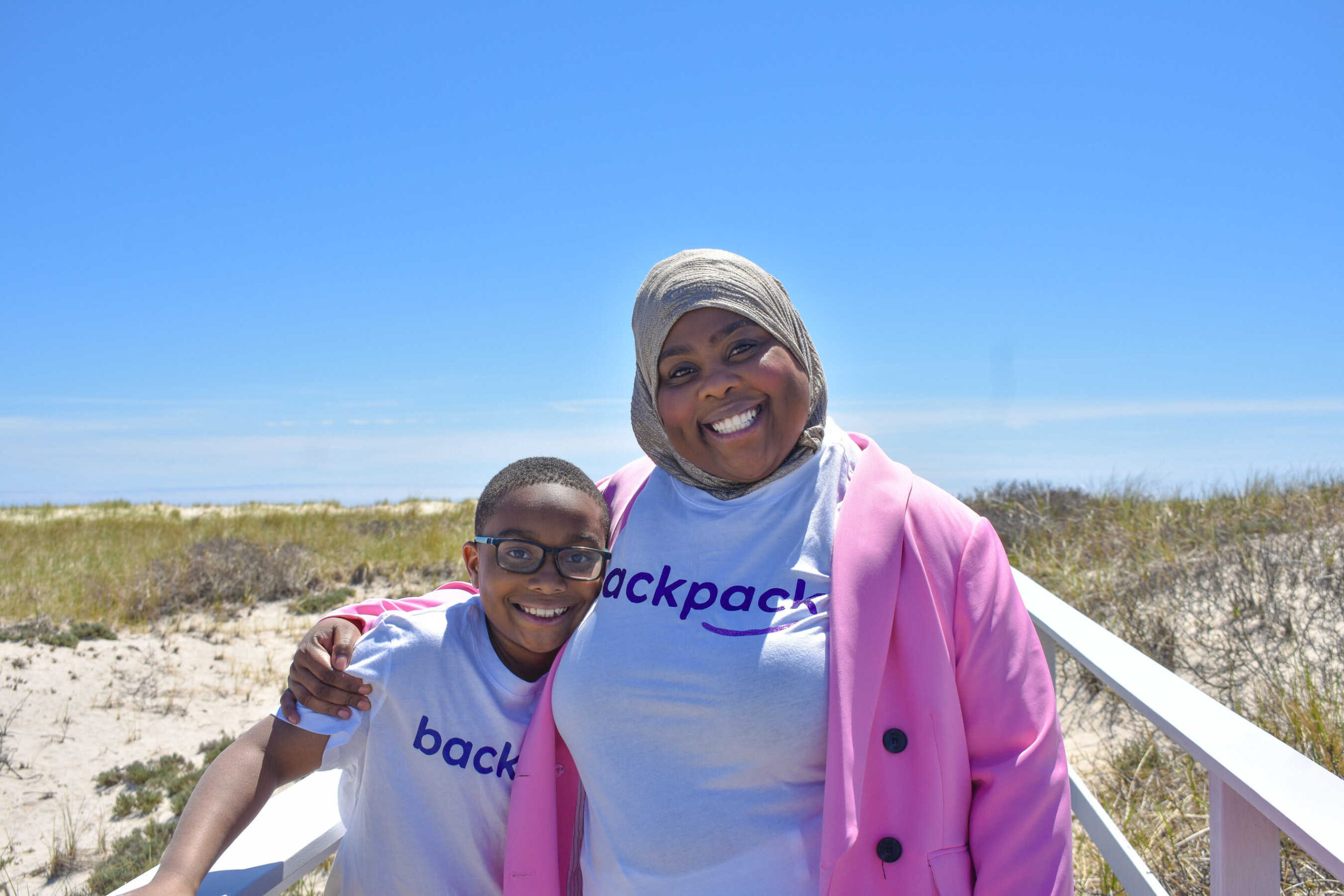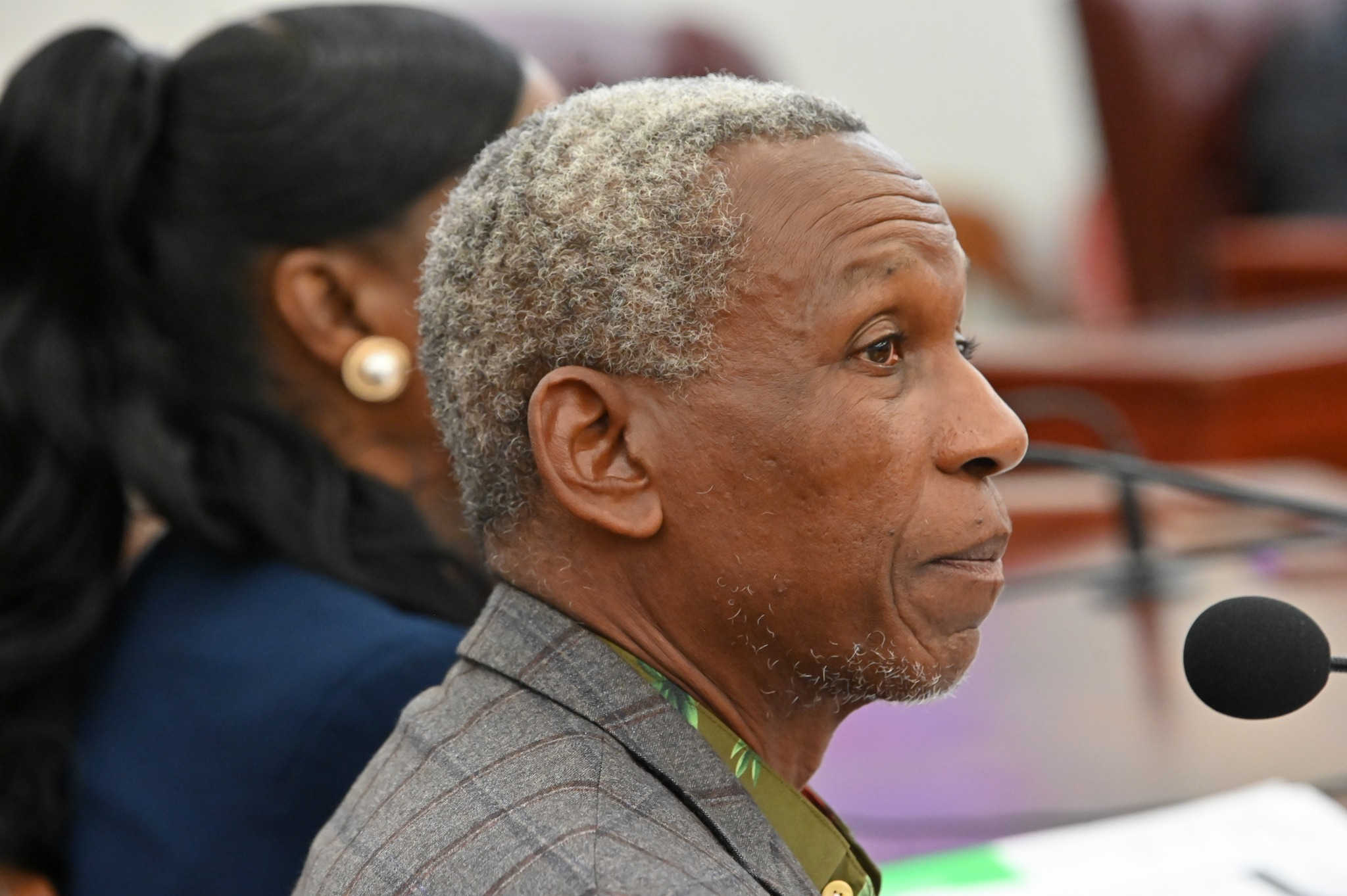Business
viNGN Aims to Revamp Pricing Structure to Tackle High Internet Costs in the USVI

During a detailed briefing to the Senate Committee on Economic Development and Agriculture about the fiscal health of the V.I. Next Generation Network, CEO Stephan Adams addressed the high cost of internet services in the territory. He attributed these steep prices to challenges in reducing wholesale rates.
The discussion unfolded after Senator Ray Fonseca asked about the agency’s strategies to lower broadband prices. “Reducing prices within the territory is imperative,” Adams concurred. He outlined viNGN’s ongoing efforts to diversify its revenue sources, which would help subsidize price reductions. These strategies include the introduction of cloud storage solutions, monetizing a new WiFi network supported by ARPA funds, and licensing fiber cables to Internet Service Providers (ISPs), enabling them to operate independently.
Moreover, viNGN is undertaking an extensive review of its pricing strategies. “Our strategic plan for 2024 is aimed at adjusting viNGN’s wholesale prices for our ISP partners,” Adams revealed. To achieve this, the company has enlisted an economist to reevaluate their pricing schedule, aiming to match prices found on the mainland. Yet, Adams admitted, “This task will be extremely challenging.”
Senator Samuel Carrion expressed concern about the timeline and effectiveness of this review. Adams explained that the economist would assess viNGN’s current pricing, industry trends, and conduct a thorough financial due diligence. This process is essential for developing a new pricing model, which he hopes to implement by July 1st. Despite the challenges, the end goal remains clear: to establish a competitive pricing model that benefits all local customers.
Business
Kmart Settles for Over $638K Over Medicaid Overbilling Accusations in the U.S. Virgin Islands

The Virgin Islands Department of Justice recently completed the distribution of a substantial $638,553.16 settlement with Kmart Corporation, concluding a legal battle that began in 2017 over accusations of Medicaid overbilling by the retailer’s pharmacies. Acting Attorney General Ian S.A. Clement confirmed the resolution, which dates back to practices starting in the mid-2000s where Kmart allegedly failed to extend discounted drug prices to federal health care programs, in contrast to the lower rates offered to cash-paying customers.
This disparity emerged notably when Kmart charged Medicaid above their “usual and customary charge” for cash customers—for instance, billing Medicaid $5 for a prescription that cost cash customers just $4. Such discrepancies led to charges of submitting false claims to the government.
The origins of this legal action trace back to 2008 when James Garbe, a whistleblower and former Kmart pharmacist, initiated a lawsuit in the United States District Court for the Central District of California, which was later moved to the Southern District of Illinois. Garbe’s suit argued that Kmart’s failure to provide the lowest possible prices to federal healthcare programs breached the contractual requirements mandating pharmacies to charge no more than their most customary and minimal rates for medications.
This settlement is a part of a broader agreement that includes a total of $59 million to settle various federal and state healthcare claims against Kmart, covering wrongful billing practices from September 1, 2004, to December 31, 2014. The Virgin Islands Medicaid Fraud Control Unit, entirely supported by a grant from the United States Department of Health and Human Services – Office of the Inspector General, played a pivotal role in identifying the discrepancies and ensuring adherence to Medicaid billing protocols.
Business
Hafeezah Muhammad Leads Backpack Healthcare to $14 Million Funding Triumph

Backpack Healthcare, a trailblazing online pediatric mental health service, was founded by Hafeezah Muhammad, a visionary entrepreneur hailing from St. Thomas. The company recently celebrated a significant milestone by securing $14 million in Series A funding, spearheaded by PACE Healthcare Capital.
This innovative firm is renowned for its AI-powered application and teletherapy services, which offer vital support to children and adolescents dealing with mental health issues. Backpack Healthcare’s recent financial infusion underscores the urgent need for more inclusive and technologically advanced solutions within the U.S. healthcare framework, especially for the pediatric mental health sector.
Muhammad, commenting on the funding, highlighted its importance: “This investment marks a pivotal moment in addressing the pediatric mental health crisis with tech-enabled solutions that cater to a broader demographic.”
Currently, only 14% of mental health professionals accept Medicaid. Backpack Healthcare is set to change this landscape by ensuring its services are accessible through various insurance providers, including those that accept Medicaid. This initiative aims to make mental health support more attainable for underserved communities.
The newly acquired funds will be channeled into enhancing Backpack Healthcare’s technology. The company’s app intelligently tracks emotional patterns and connects users with therapists who devise personalized treatment plans. It also incorporates engaging tools and activities designed to make therapeutic interactions more appealing to young clients.
Plans are underway to extend the company’s services beyond its current operational bases in Maryland and Virginia, aiming to impact more communities.
Julia Monfrini Peev, Managing Partner at PACE Healthcare Capital, emphasized the dual benefit of their investment: “Supporting Backpack Healthcare is not merely about financial returns; it is fundamentally about fostering bright futures for millions of underserved children and strengthening the societal fabric for future generations.”
This financing achievement also distinguishes Muhammad as the first Virgin Islander to raise venture capital in this sector, marking a historic moment for the region’s representation in the global venture capital landscape.
Business
Financial Struggles at viNGN: $36 Million Loan Repayment in Jeopardy, CEO Reveals

The Virgin Islands Next Generation Network (viNGN) faces severe financial hurdles, with its management expressing doubts about repaying a substantial $36.8 million loan from the Public Finance Authority (PFA). Originally issued as a bond in 2011 to establish the network, the funding was converted into a loan by 2012, a critical detail that viNGN’s CEO, Stephan Adams, claims was poorly communicated to him.
In a recent testimony before the Committee on Budget Appropriations and Finance, Adams highlighted the lack of a fixed interest rate or a clear amortization schedule for the loan, stressing that viNGN’s financial state precludes any repayment without external aid. “Based on our current fiscal standing, viNGN does not have, and does not foresee, the ability to repay the $36.8 million loan without assistance,” Adams stated, indicating a dire financial forecast for the network.
Efforts to secure loan forgiveness have been unsuccessful, with the PFA advising viNGN to pursue federal grants. However, Adams noted that a promising $15 million USDA grant had already been allocated elsewhere, closing off a potential avenue for relief. He expressed frustration over the opacity surrounding the loan’s terms, which has complicated their financial planning.
The lack of legislative support was apparent when Senator Donna Frett-Gregory addressed viNGN’s plea for local help in managing the debt. She emphasized the burden on taxpayers and promised to look into the precise debt figures and repayment methods.
Adding to these challenges, Adams conceded to Senator Dwayne DeGrass that viNGN has consistently operated at a loss since its inception and anticipates reduced revenues this fiscal year. Yet, he remains committed to improving operational efficiencies to mitigate financial pressures, including ongoing efforts to lower pricing to benefit the community. “We’re still cleaning up a mess that’s existed for 10 years,” Adams remarked, indicating ongoing struggles in steering viNGN towards stability.
-

 Education9 months ago
Education9 months agoCTE Board Enthusiastic About New Curriculum Standards, Yet Anxious Over Apprenticeship Support
-

 Development2 weeks ago
Development2 weeks agoCosts Surge as Donoe Estates Housing Project Resumes with New Contractor
-

 Crime9 months ago
Crime9 months agoRegistered Sex Offender Detained for Illegal Firearm Possession During Annual Surveillance Drive
-

 Crime7 months ago
Crime7 months agoSt. John’s Westin Resort Scene of Armed Robbery, Prompting Heightened Police Vigilance
-

 Crime9 months ago
Crime9 months agoUnraveling the Home Invasion in St. John: Suspect Held on $100,000 Bail
-

 Crime9 months ago
Crime9 months agoU.S. Virgin Islands Alert: Megan Smith Goes Missing; Authorities Request Community Aid
-

 Videos2 years ago
Videos2 years ago2022 Gubernatorial Election: Voters Speak Out
-

 Videos2 years ago
Videos2 years agoGubernatorial Teams Celebrate St. Croix’s Bull & Bread Day





